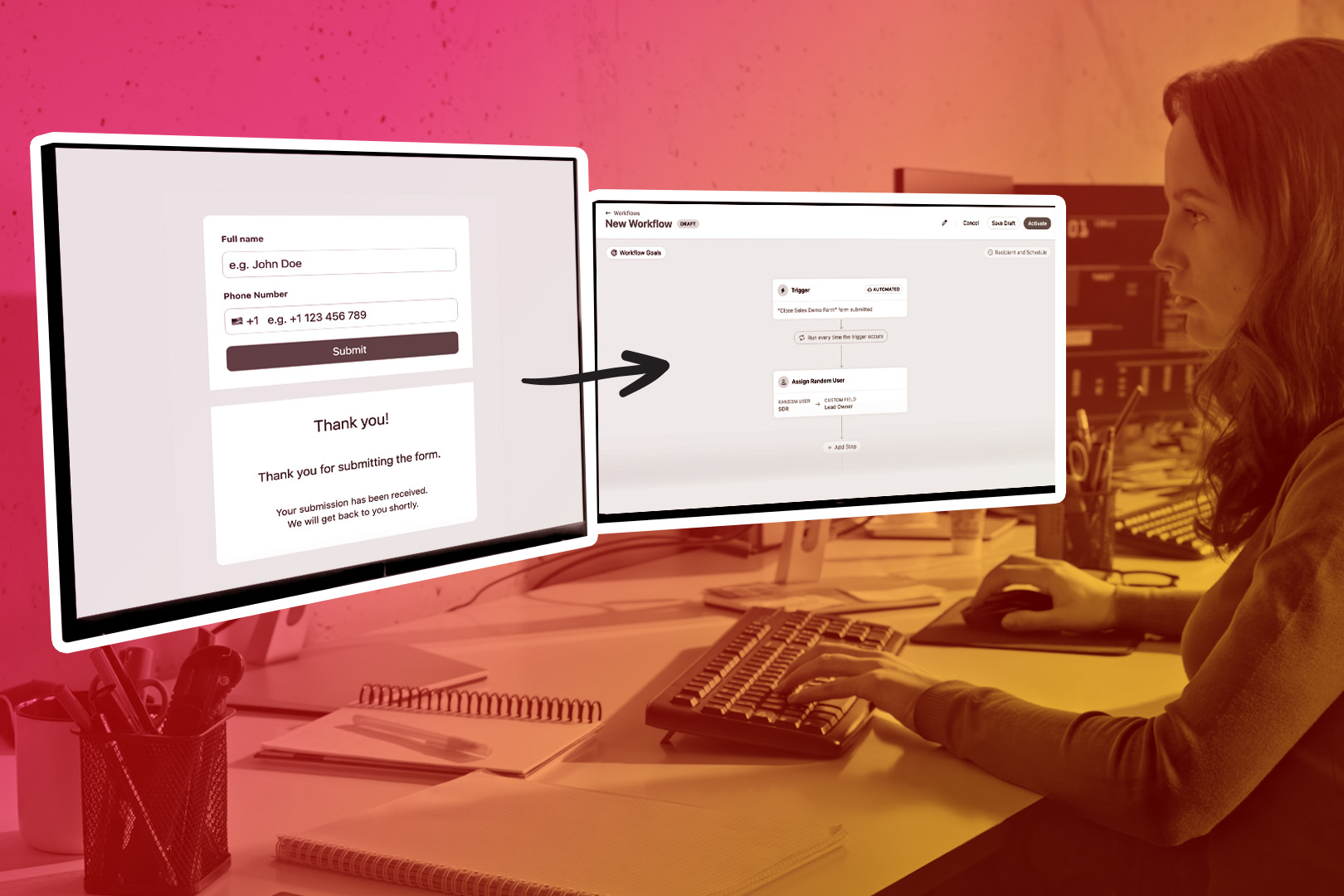Every sales rep has experienced this: You've got a deal in the pipeline, and you're very confident that it'll close. The prospect and you have several positive sales conversations. He's qualified, has tried your product, and has expressed buying interest.
Just as you're getting ready to seal the deal, they start raising concerns, objections, and doubts. Slowly, the realization creeps on you that this deal will not happen.
How do you react? What do you do next?
Most salespeople fall into one of two categories when they encounter this scenario.
Defeat and Depression
These sales reps throw the towel and give up on the deal. They probably still go through the whole "this deal won't happen but I'm a good sales rep"-ritual, but they don't put any real effort into this sales conversation anymore.
They're deflated, and their sales spirits are low. What do you think this reaction typically results in?
Nothing. Exactly.
Defiance and Aggression
These sales reps get all worked up. They feel indignant that this prospect has led them on.
"You want to play it like this?! Here's what I got for you!" They go into brute-force sales mode and try to bully the prospect into the deal.
The harder they push, the more the prospect resists. The prospect will feel that the sales rep's aggressive behavior only confirms that he made the right choice, but he will not go into business with this rep.
What's a Better Way of Handling a Hot Prospect that Turns Cold?
Don't focus on why your prospect suddenly changed his opinion or maybe previously misled you. Instead, focus on yourself first.
1. State Control
The first thing you should manage in this situation is your emotional response. Take a deep breath and acknowledge that this isn't going as expected. Mentally tell yourself, "Okay, the circumstances have changed. Can I adapt my approach to this? I sure as hell can!"
2. Ask for Help
You've been caught by surprise and are hurting. Just because this is a professional situation doesn't mean that you can't ask for help. It's one of the most effective things you can do.
3. Be Disarmingly Transparent and Vulnerable
4. Ask for Their Help
This often catches a prospect by surprise. They expect a sales rep to push back and talk over them if they get out of the deal. But you're doing the opposite; you're pulling, not pushing.
5. Let Them Do Their Polite Spiel
At this point, the prospect will usually respond courteously. They'll try to ease your pain and tell you that it's not your fault, that you didn't do anything wrong.
Rather, they're pulling out of the deal because of some internal reason.
Most of the time, what they'll tell you at this point isn't the real reason. It's just them trying to be polite.
So, you still need to do more sales detective work to uncover what happened.
6) Insist it's Your Responsibility
Be very open, genuine, and transparent. You're genuinely disappointed - you communicate that, but you don't blame them. You don't want them to feel bad or pressured about this, free them from any guilt or remorse they might have towards you. All you're asking is that they help you make sense of this.
7) Listen
At this point, most prospects will be exposed to why they turned cold. They'll share much deeper intel with you and help you to gain better insights. You'll get a much better understanding of their viewpoint and real concerns.

8) Handle Objections... and Close!
The value of this information is that you know have a clear picture of the issues - and if you can resolve them, they'll be ready to buy.
I won't go into objection handling here - if you need help at this step, check out our objection handling primer and advice on handling various specific objections in our blog archive.
Respond Constructively, not Destructively
It's frustrating when a prospect gives you false positive buying signals, makes you invest time and energy into what seems like a hot opportunity, but doesn't follow through when it's time to buy. While it may seem like this from your perspective, looking at it through the prospect's eyes would probably paint a different picture.
As a sales rep, it's your responsibility to manage the sales process and genuinely engage the prospect. Take ownership of the fact that you failed to establish an authentic conversation.
Demonstrate that you're committed to forthright communication, even if uncomfortable, and lead by example. Ask the prospect for help, find out the roadblocks, and get them out of the way so you can close the deal.










.jpg)

